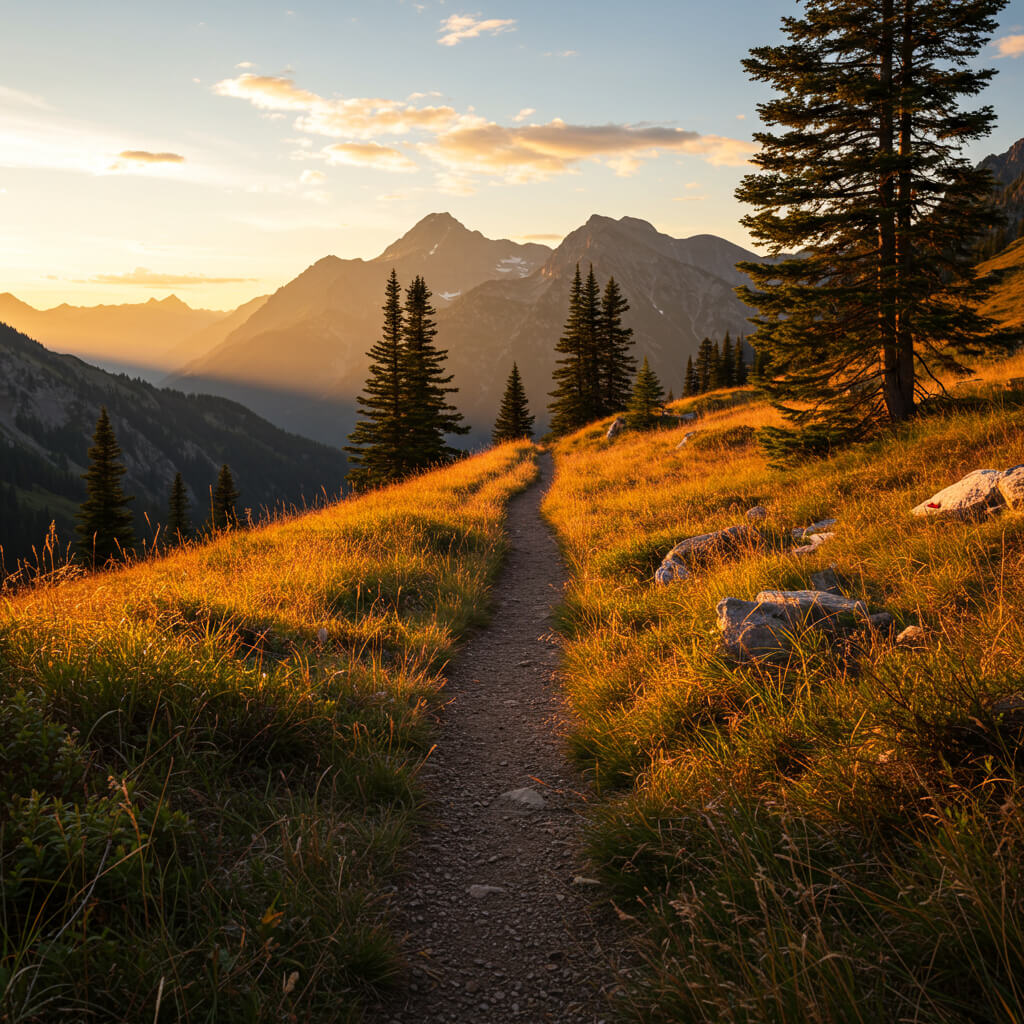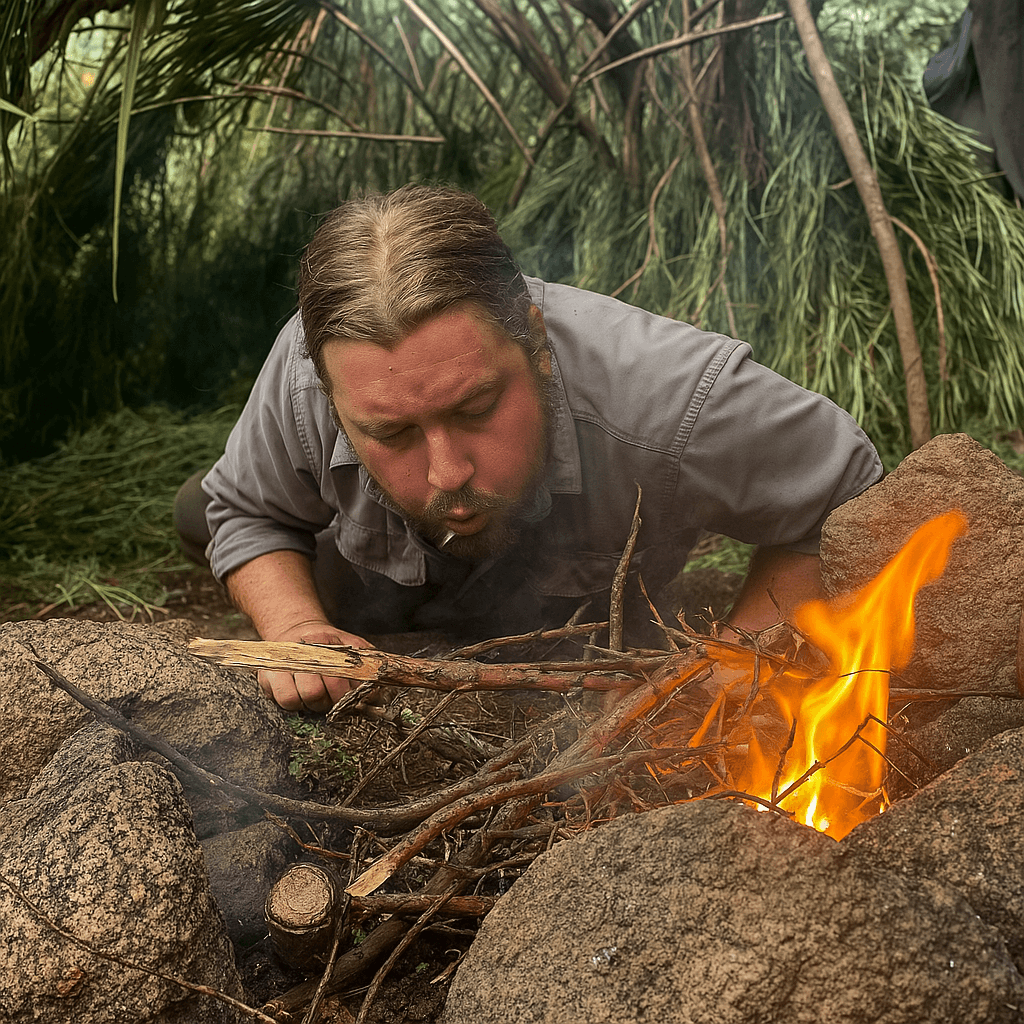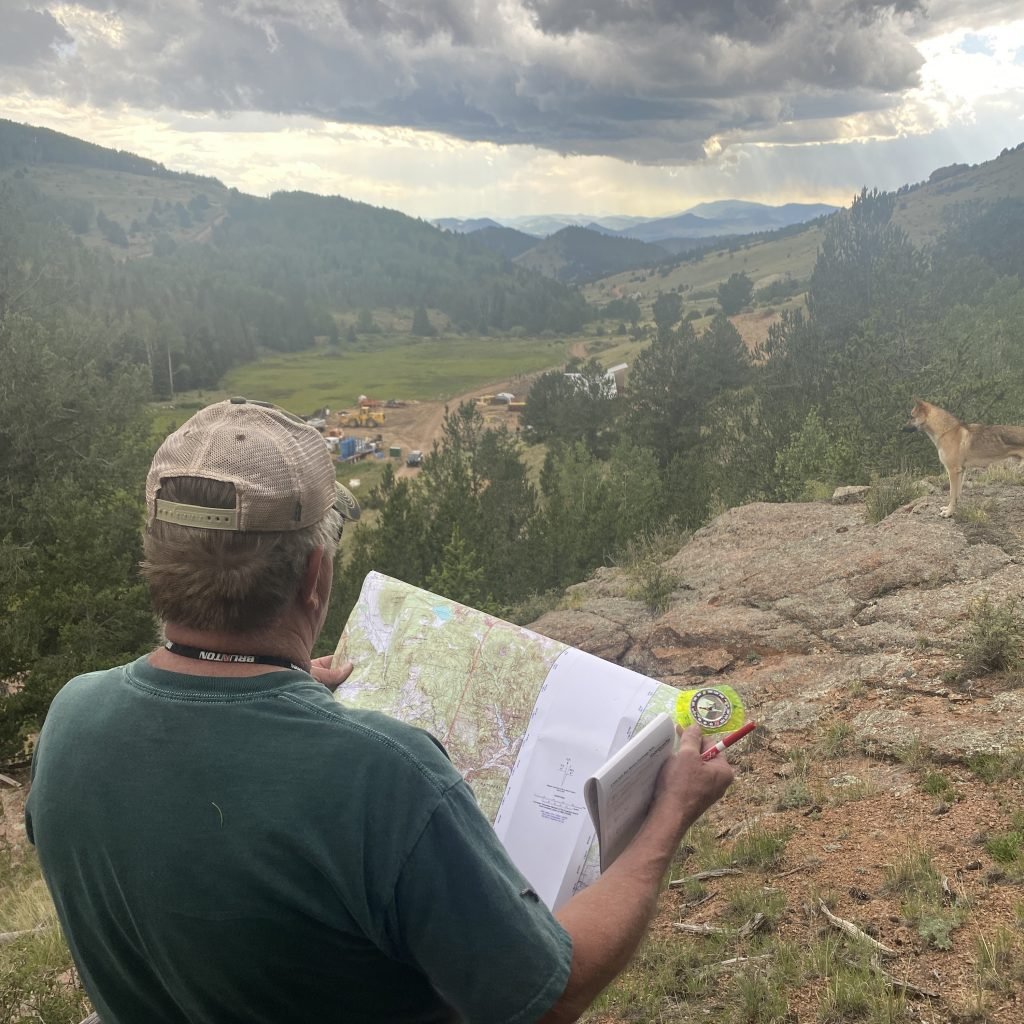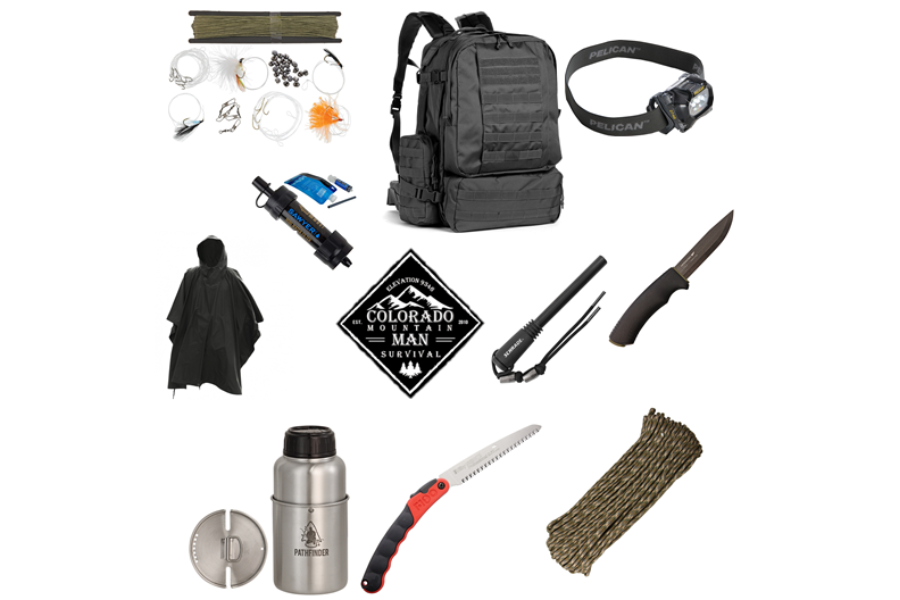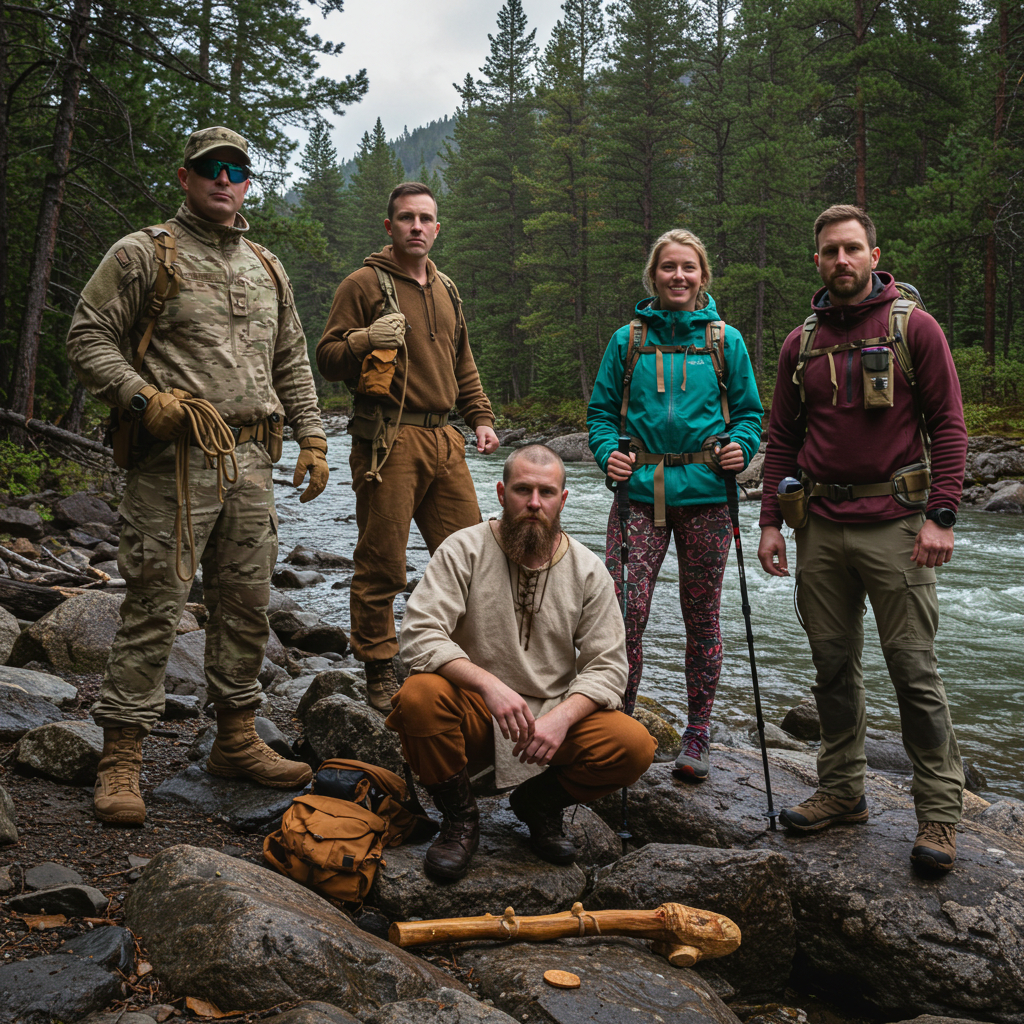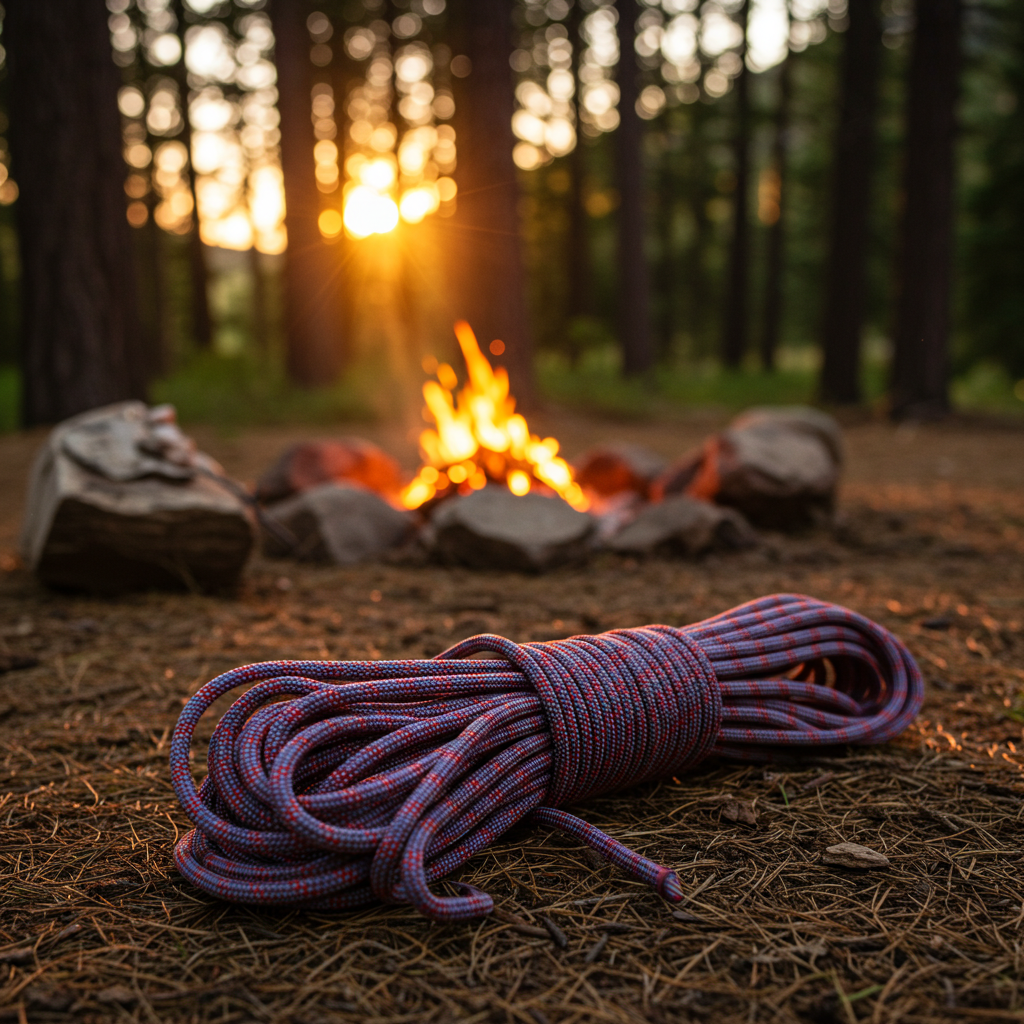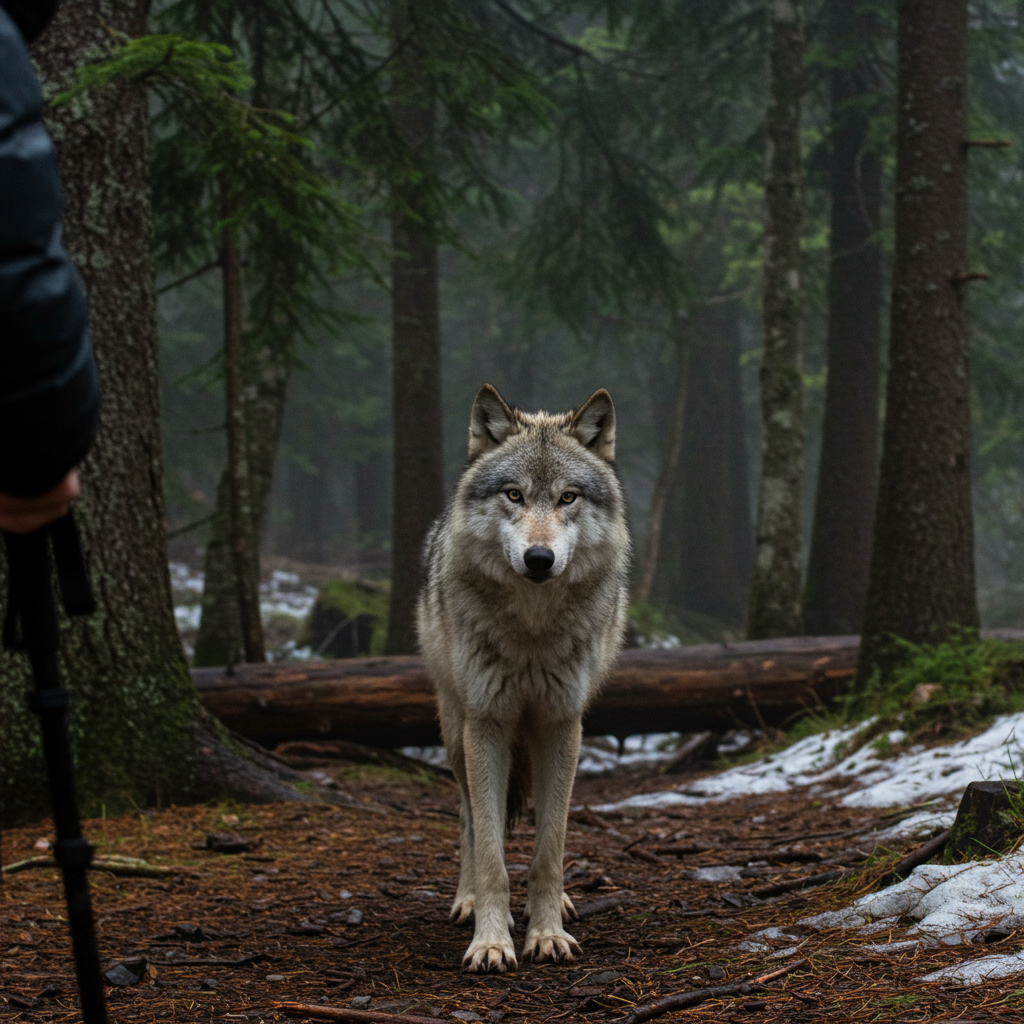Cart
9 min read
The Psychological Edge: How Overcoming Fear in Survival Situations Shapes You for Life
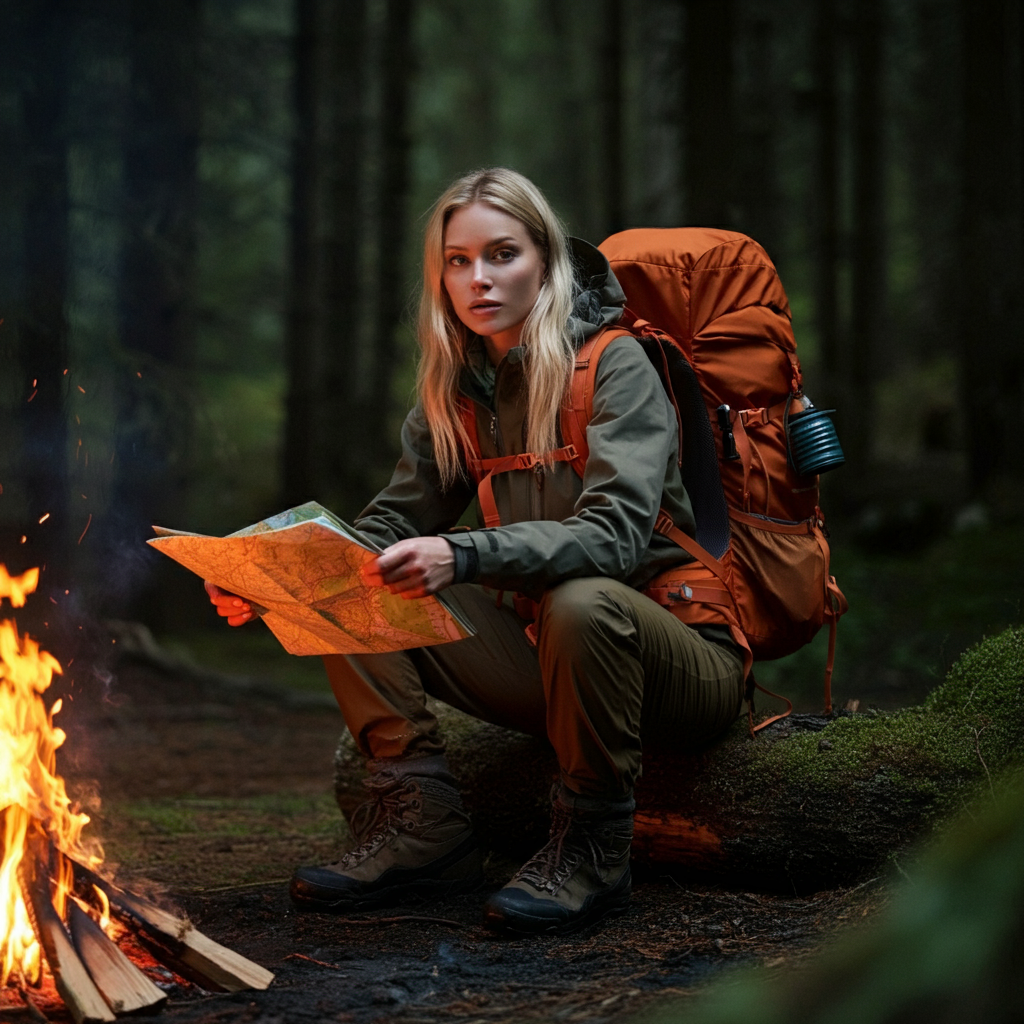
Survival isn’t just about mastering wilderness skills—it’s about facing your fears and discovering the strength you never knew you had. We often see students arrive ready to learn how to build shelters, start fires, and navigate without technology. But what they truly leave with is something far deeper: a sharpened mental edge that transforms how they approach challenges in the wild and in everyday life. Overcoming fear in survival situations pushes you to your limits, and that process changes you from the inside out. In this blog, we’ll explore how facing your fears head-on in the wilderness doesn’t just make you a better survivor—it makes you stronger in every aspect of life.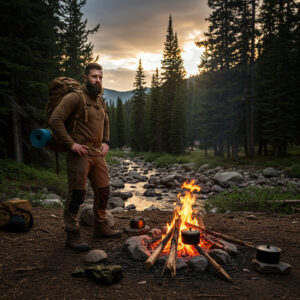
The Psychological Edge: How Overcoming Fear in Survival Situations Shapes You for Life
Survival isn't just about building shelters or lighting a fire with two sticks. It's about confronting the unexpected and pushing past mental barriers that most of us didn't even know we had. Sure, learning how to forage for food and navigate without a GPS is essential. But survival training has a sneaky way of getting into your head, testing your limits, and teaching you something most of us aren't prepared for: mastering fear.
At The Survival University we've seen it time and time again. People come for the outdoor skills, but what they leave with is so much more. They walk away with a sharpened mental edge and a sense of confidence that transforms the way they approach not only the wilderness but life itself.
In this blog, we're diving deep into how overcoming fear in survival situations shapes you for the better, both in the wild and in everyday life.
Facing Fear in the Wilderness: It's More Than You Think
When people think of fear in the wilderness, they often imagine extreme situations—like being face-to-face with a bear or getting lost miles from civilization. And yeah, those are real fears. But in reality, the more common fears people face when they sign up for one of our courses are much quieter.
Jess Caldwell, one of our primary instructors, has a unique way of tapping into this. Jess often leads mindfulness and Wild Women's River Retreats, where her participants are faced with fears they didn’t even know they had—like the discomfort of silence, the isolation of the woods, or simply being in an environment where the usual comforts of home aren’t available. For many, these fears are harder to overcome than physical challenges.
An example of how we push mental limits in our courses comes from our navigation instructor, Matt Boger. Matt, a former Army Ranger, doesn’t just teach you how to read a map or use a compass. He puts those skills to the test by having students navigate long distances through rugged, unfamiliar terrain, during our Advanced Navigation Course. While his instruction gives participants the tools they need to find their way, it’s still a mentally taxing experience. The fear of getting lost is very real, even when you have the skills to prevent it.
For many, the scariest part is not knowing exactly what’s up ahead. Matt pushes his students to trust in their abilities, walking them through the process step by step, but ultimately leaving them to figure out the path on their own. These moments are powerful. Students find themselves out there in the wilderness, with nothing but their compass and the knowledge Matt has drilled into them in our Basic Navigation Course, feeling the fear creep in as the distance grows. The terrain is unforgiving, often rocky and dense with foliage, and the sensation of being truly on your own sets in.
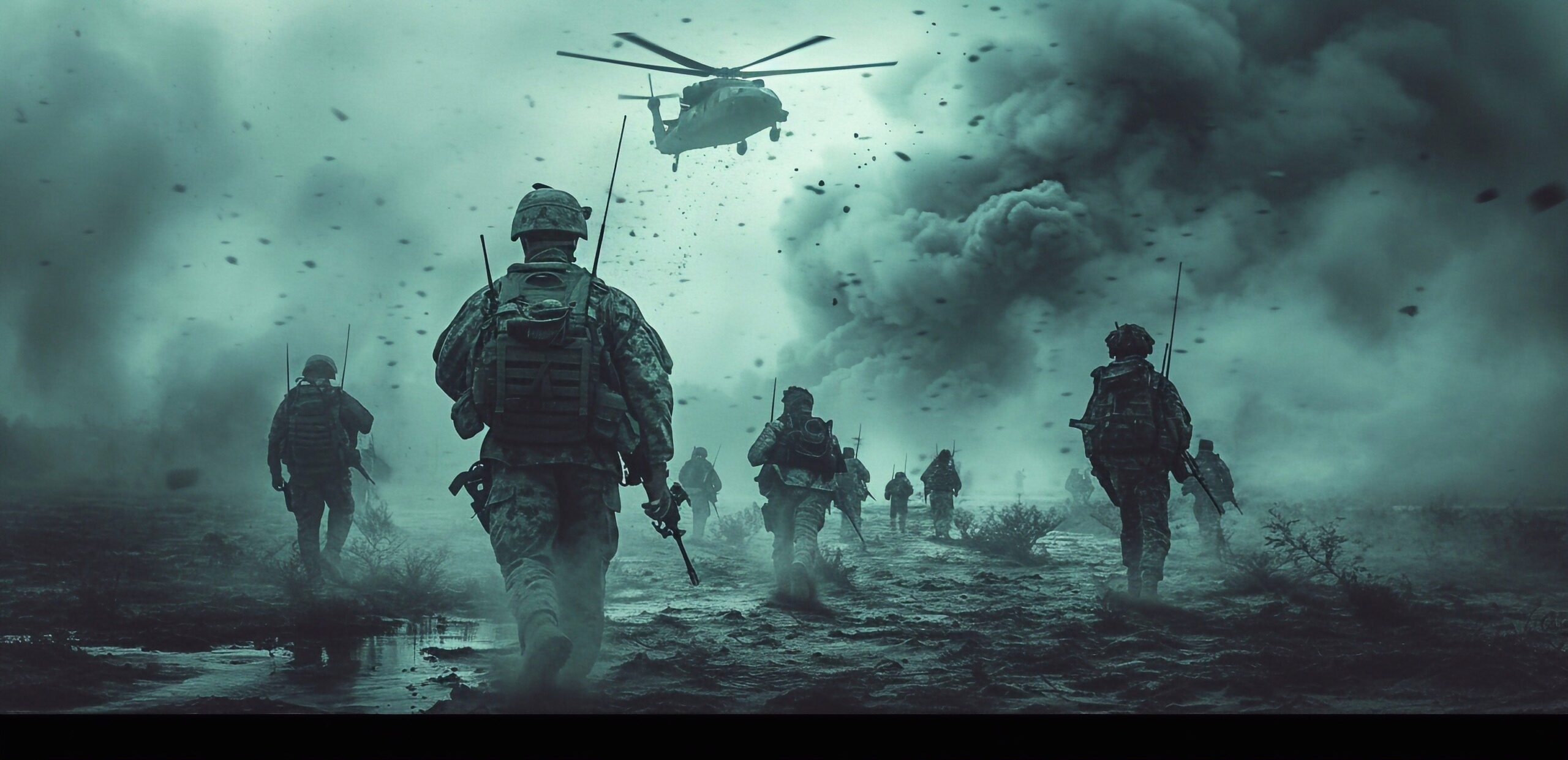 Matt’s background as a Ranger, where he taught navigation to soldiers during Ranger School, means he knows what it takes to keep calm under pressure. He brings that same discipline to our courses, but in a way that pushes civilians to find their own mental toughness. It’s not just about avoiding getting lost; it’s about feeling that fear and pushing through anyway. When students complete one of his navigation challenges, the pride and confidence they feel are unmatched. They realize they’re capable of far more than they thought, both physically and mentally.
Matt’s background as a Ranger, where he taught navigation to soldiers during Ranger School, means he knows what it takes to keep calm under pressure. He brings that same discipline to our courses, but in a way that pushes civilians to find their own mental toughness. It’s not just about avoiding getting lost; it’s about feeling that fear and pushing through anyway. When students complete one of his navigation challenges, the pride and confidence they feel are unmatched. They realize they’re capable of far more than they thought, both physically and mentally.
For example, one of our most popular courses is the 50-Day Immersion Survival Course, where students build their own shelters and live off the land. The big test here isn't just about survival skills—it's about living outside your comfort zone. A lot of people think the hardest part will be starting a fire or finding food, but we find that the mental side of things is where the real work happens. The challenge of relying solely on yourself, sleeping in a shelter you’ve built, and dealing with the unpredictability of nature pushes students to a whole new level of self-reliance. And when they come out the other side, they’re not just better at surviving in the wild—they’re better at handling life’s curveballs.
How Survival Challenges Change Your Mindset
When you’re dropped into the wilderness with just the essentials (and maybe a little less than that), you’re forced to confront something that most of us don’t think about every day: fear of the unknown. The way our land navigation course forces people to face their uncertainty about direction, or how the SERE (Survival, Evasion, Resistance, Escape) training pushes mental endurance, is all part of the process.
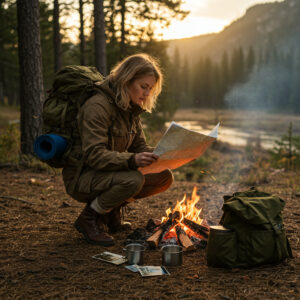 It’s human nature to want control, and when you’re out in the wild, that control slips away pretty fast. Suddenly, you’re faced with a new reality—where the things you rely on, like technology and comfort, aren’t there. That's where your mind goes into overdrive. You start to question yourself: “Can I really do this?” “What if I fail?”
It’s human nature to want control, and when you’re out in the wild, that control slips away pretty fast. Suddenly, you’re faced with a new reality—where the things you rely on, like technology and comfort, aren’t there. That's where your mind goes into overdrive. You start to question yourself: “Can I really do this?” “What if I fail?”
But here’s the thing: That moment of doubt is what the wilderness is all about. It’s in that space where you learn the most about yourself. When you learn to let go of fear and trust your training and your instincts, that’s when you truly begin to thrive. The skills we teach, from building a fire to reading a map, are practical tools, but they’re also stepping stones to conquering something bigger: your own mental obstacles.
Jason Marsteiner, founder of The Survival University, has seen this transformation countless times. While the focus of our hard skills classes, like fire-starting, foraging, and shelter-building, is often on physical capability, the mental resilience people develop is just as powerful. It’s not always an intentional part of the curriculum, but it happens naturally. I (Jason) often throw in mini challenges during classes that force people to push through discomfort and doubt, testing both their physical skills and their mental strength. Whether it’s navigating rugged terrain or making a fire under pressure, these moments are where participants learn the most. By pushing through, they discover that their limits are further than they realized, which translates into newfound confidence and mental endurance.
The Power of Facing Fear Head-On
 Survival situations don’t just test your ability to live off the land, they test your mental endurance. This is something we see firsthand in almost every class. The Outdoor Survival Basics course is a great entry point for people to dip their toes into the wild, but even in this beginner-level course, we see participants confronting fear in surprising ways.
Survival situations don’t just test your ability to live off the land, they test your mental endurance. This is something we see firsthand in almost every class. The Outdoor Survival Basics course is a great entry point for people to dip their toes into the wild, but even in this beginner-level course, we see participants confronting fear in surprising ways.
People come in afraid of failure, afraid of the unknown, afraid of being uncomfortable. But by the end of the weekend, they’re smiling as they make fire from scratch, proud of the shelter they’ve built, and more in tune with themselves than they were before.
It’s one thing to talk about survival skills, but it’s another to live through them, facing the anxiety and discomfort that comes with being disconnected from everyday life. This is where true growth happens. When you realize that you can survive and thrive without the modern comforts you’re used to, the fears you had at the beginning seem a lot smaller.
Applying Survival Lessons to Everyday Life
So, how does overcoming fear in the wilderness translate to everyday life? It’s simple: once you’ve faced down fear in the wild, you begin to see everyday challenges as more manageable. If you can make it through a cold, sleepless night in a shelter you built yourself, suddenly that big presentation at work or tough conversation you’ve been dreading doesn’t seem so bad.
 This is something we focus on in our corporate retreats as well, where we teach leadership and team-building through survival exercises. Companies like Google and Xcel Energy have sent their teams to work with us because they know that facing challenges outside the office can make a huge difference when they return to work.
This is something we focus on in our corporate retreats as well, where we teach leadership and team-building through survival exercises. Companies like Google and Xcel Energy have sent their teams to work with us because they know that facing challenges outside the office can make a huge difference when they return to work.
When you're in the wilderness, you can't ignore the things that scare you. You have to face them head-on, and that experience builds mental resilience. It’s that shift in mindset, from “What if I fail?” to “I can handle this”, that sticks with you long after the survival course is over.
Ready to Conquer Fear?
Whether it’s fear of the unknown, fear of failure, or fear of discomfort, survival training challenges you to break through those barriers. At The Survival University, we have designed courses that not only teach you practical survival skills but also help you build the mental toughness that makes life’s challenges feel more manageable.
Ready to take the plunge? Check out our 50-Day Immersion Survival Course, or if you’re not quite ready for that, start with something like the 5 Day Outdoor Survival Basics. Whatever course you choose, you’ll come out the other side with more than just survival skills, you’ll come out stronger, more confident, and ready to face whatever life throws at you.
Because in the end, survival isn't just about what you can do, it's about who you become in the process.
That’s the real value of overcoming fear in survival situations. It’s not just something you do for fun. It’s something that changes you.
Leave a Comment
What Nash Quinn’s Disappearance Teaches Us About Being Ready for the Backcountry
Nash Quinn vanished on a routine ride near Laramie. His story is a powerful reminder of why preparation, communication, and humility in the outdoors matter...
Recommended Gear List For Courses
Colorado is a cold weather climate most of the year and with our survival school at 9400 feet, it can get frigid at night, even…
Survival Training Near Me: Why the Best Might Be Worth the Trip
Discover why the best survival training might mean leaving the city. Explore The Survival University’s 4000+ acres and 20+ expert instructors!
Bugging In Guide Part 1: Drain Your Water Heater
Learn how to access hidden water in your home by safely draining your water heater during emergencies. A must-read for urban survival and bugging in.
Flint Knapping for Beginners: My Hilarious Failures & How to Do It Right
Flint knapping sounds easy—until you try it. Here’s my journey of frustration, flying shards, and why some people (but not me) make it look effortless.
What to Do When You Encounter a Wolf in the Wild
Wolves are neither villains nor heroes—they’re survivors. Explore their role in nature, the myths that surround them, and what we can learn from their resilience.

